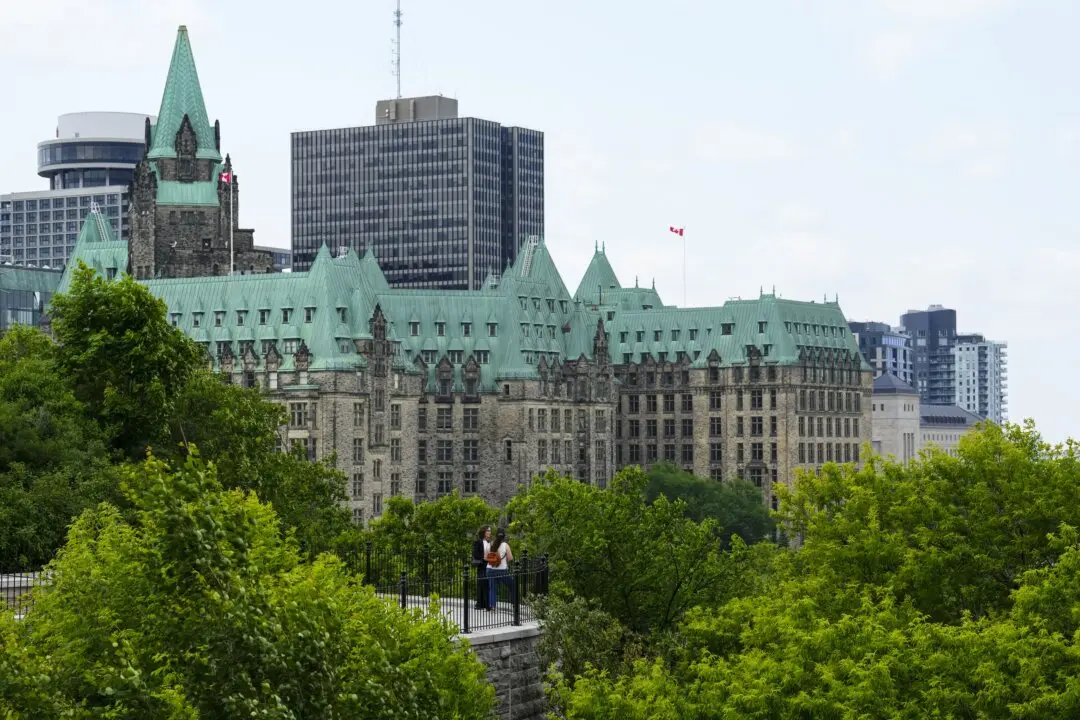Thousands of public servants in Ontario are getting the highest wage increase in over 10 years after a court ruled a law capping wage increases was unconstitutional.
The Ontario Public Service Employees Union (OPSEU) says its bargaining team has successfully mediated a 9.5 percent increase over the next three years for 30,000 of its members. The increase includes a 1 percent increase for each year that was previously agreed upon.





